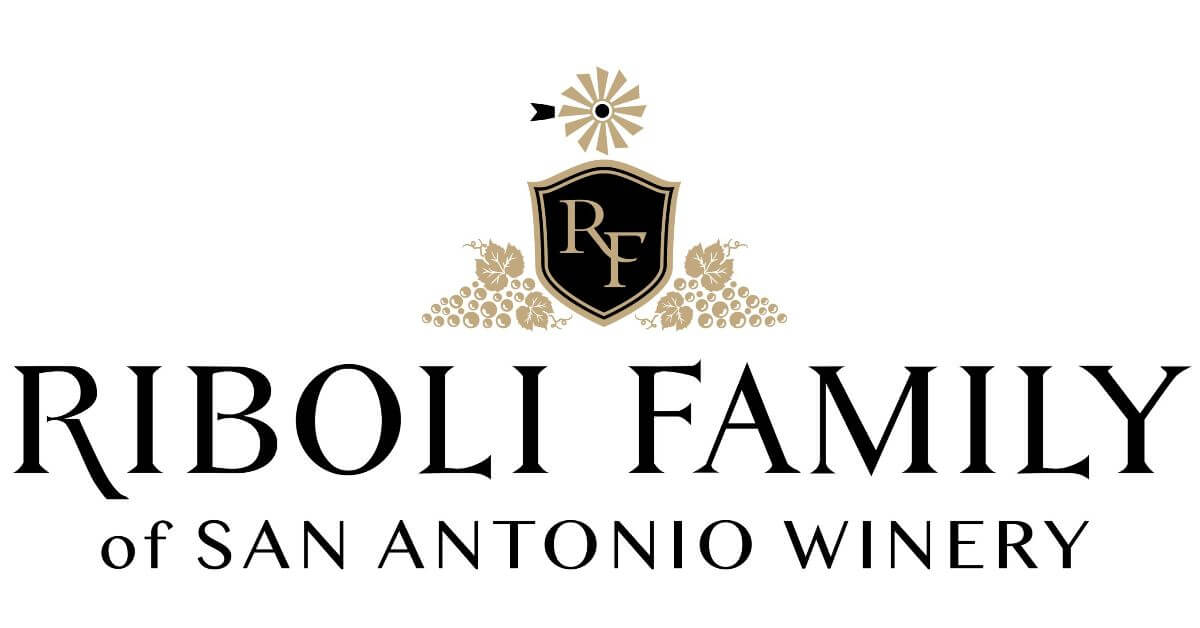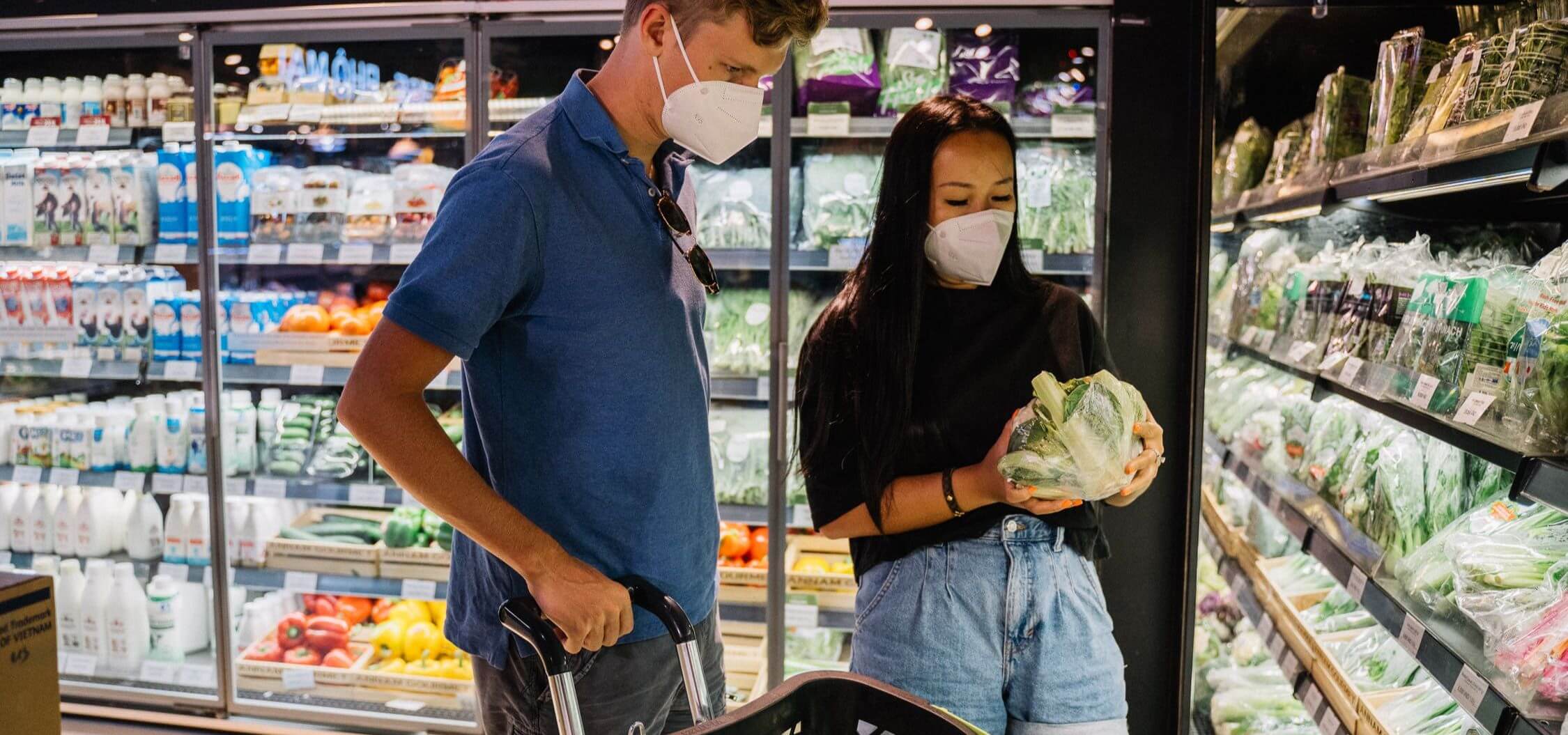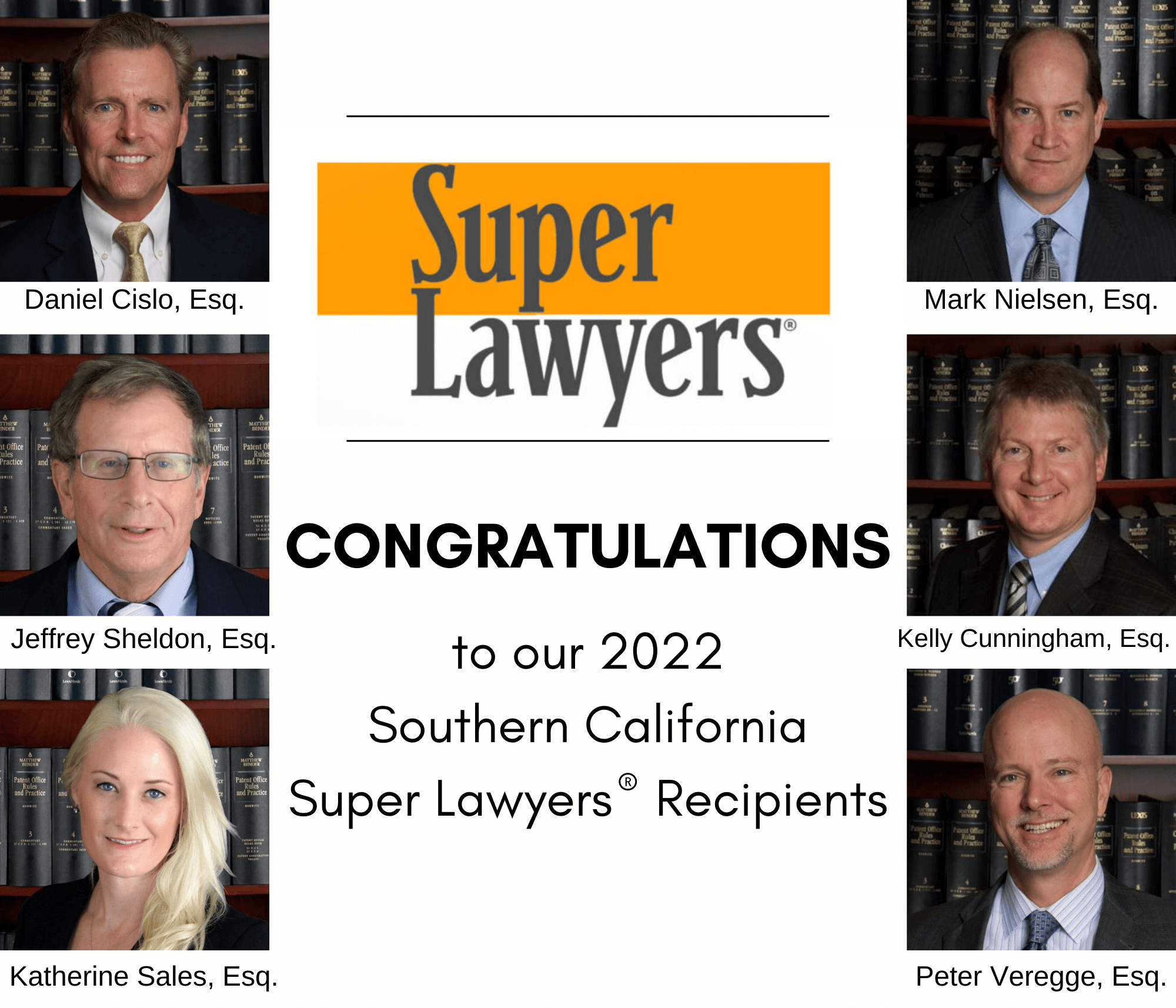The U.S. Government Sides with Cislo & Thomas Client on Concerns of Lanham Act Provision

Takeaway: The U.S. Trademark Office agrees with Cislo & Thomas LLP that service on a foreign company for trademark infringement can be effected by serving the Trademark Office.
In 2020, Cislo & Thomas client San Antonio Winery sued a Chinese company, Jiaxing Micarose Trade Co. Ltd., to protect its “RIBOLI” trademark. Jiaxing had sought and obtained a trademark registration for RIBOLI at the United States Patent and Trademark Office (USPTO). When Jiaxing and its counsel failed to respond to correspondence related to the dispute, San Antonio Winery served the complaint on the Director of the USPTO pursuant to §1051(e) of the Lanham Act.
The Lanham Act governs trademarks, including federal registration. Section 1051(e) of the Act specifically states that when a foreign domiciliary obtains trademark registration from the USPTO, they can be served with notices and process in “proceedings affecting the mark”. This provision of the Lanham Act has become vitally important in recent years with expansive growth of commerce online and companies worldwide seeking trademark protection under the laws of the United States. San Antonio Winery’s interpretation of §1051(e) is a civil court case qualifies as a “proceeding affecting the mark”.
When Jiaxing failed to file an answer to the complaint, San Antonio sought default judgment. The district court denied the request, acknowledging a split in the district courts, with some courts holding that §1051(e) applies only to service in “proceedings” before the USPTO—not to court proceedings. San Antonio Winery argued before the honorable Judge Wu that circumstances had changed since the prior precedent and that service was proper. Judge Wu granted certification for interlocutory review pursuant to 28 U.S.C. § 1292(b), opening the door for San Antonio to seek permission to appeal, which was granted.
Even getting the Ninth Circuit Court of Appeals to hear San Antonio Winery’s position was a major accomplishment. Then, to have the added support of the U.S. Government was a very pleasant surprise for San Antonio Winery.
In its brief, the USPTO states in pertinent part, “Given the rise of fraudulent trademark activity in the United States by foreign-domiciled trademark applicants and registrants, particularly with respect to the use of registrations to gain access to online marketplaces, the scope of § 1051(e) is an important question that implicates the government’s and the public’s interest in fair competition in the United States and affects the USPTO’s ability to maintain accurate and reliable trademark registers.”
San Antonio Winery is hopeful the Ninth Circuit will agree that foreign defendants cannot use U.S. laws to register trademarks (fraudulently or not), and then hide behind the cumbersome and expensive Hague convention to avoid service.
Have You Heard of Comirnaty and Spikevax?
Takeaway: Government trademark restrictions limit drugmakers to odd names for new prescription medicines and vaccines.
The need for COVID-19 vaccines have received a lot of attention in the press, but few people know the names of the most prominent vaccines, Comirnaty and Spikevax, developed by Pfizer and Modern, respectively.
Naming requirements set up by the FDA and international health regulators are so complex that deciding on what to call a new prescription drug typically takes a long time. This is done in an effort to ensure that patients only receive the drugs actually prescribed to them.
In other words, a new brand name of a prescription drug or vaccine cannot be too similar to an existing one. This may explain why prescription drugs in general have strange and hard-to-pronounce names. Before Comirnaty and Spikevax were assigned to Pfizer-BioNTech and Moderna respectively, the names had to go through the FDA’s database of over 35,000 existing names and 90,000 in the European Medicines Agency database.
Nikola Corp. Dismisses its Suit Against Tesla Inc.
Takeaway: The voluntary dismissal of Nikola and Tesla in their IP battle signifies that not every IP battle is worth fighting in court.

Phoenix-based startup, Nikola Corp., first sued the giant vehicle manufacturer, Tesla Inc., in May 2018, claiming that its designs on an electric semi-truck were stolen by Tesla. Later, in September 2020, Tesla counterclaimed inequitable conduct and invalidity.
Tesla further denied the allegations and argued that Nikola obtained its design patents through inequitable conduct.
The judge presiding over the case said, “Plaintiff Nikola Corp. bears the burden of prosecuting this case and moving it to a resolution. It has dropped the ball, and this 2018 action is languishing without explanation or apparent good cause.”
Nikola and Tesla did not give a reason for the dismissal, which would occur without prejudice and with each party covering their own attorney fees and costs.
Instacart and Cornershop Resolve Copyright Dispute
Takeaway: Instacart ends its claims that Cornershop violated the Computer Fraud and Abuse Act, Copyright Act, and Digital Millennium Copyright Act, due to the two companies reaching a mutual agreement.

Cornershop Technologies Inc., an Uber-owned grocery delivery company, agreed to stop scraping images and product descriptions from Instacart, a company operated by Maplebear Inc., in an effort to settle a copyright dispute between the two.
In a stipulated permanent injunction, Cornershop promised to stop passing off Instacart’s work of photographing, cataloging, and describing hundreds of products as its own. Further, for the next three years, the agreement between the two gives Instacart the authority to request an audit of Cornershop’s systems, if it suspects infringement.
2022 Privacy Developments to Watch For
Takeaway: It is important to keep an eye out on the developing privacy laws, including those that will go into effect in the near future.
Businesses should prepare to become compliant with the California Privacy Rights Act (CPRA) as soon as possible, as it goes into effect on January 1, 2023 and will take some time to become compliant. Additionally, new privacy laws in Virginia and Colorado will go into effect over the next 18 months. According to IAPP, it is expected that a half dozen new states will pass new privacy legislation.
States are not the only ones taking action. In late 2021, the Biden administration began launching privacy policies on artificial intelligence and algorithmic decision making. That being said, experts have made it clear that the White House exerts great influence on future privacy policymaking initiatives.
Cislo & Thomas LLP Spotlight
Congratulations to our Super Lawyers® Recipients
Congratulations to our Super Lawyers® Recipients – Daniel Cislo, Jeffrey Sheldon, Katherine Sales, Mark Nielsen, Kelly Cunningham, and Peter Veregge. This is an honor reserved for those lawyers who exhibit excellence in practice, with only 5% of attorneys in Southern California receiving this distinction!

Enjoy keeping up with IP news?



